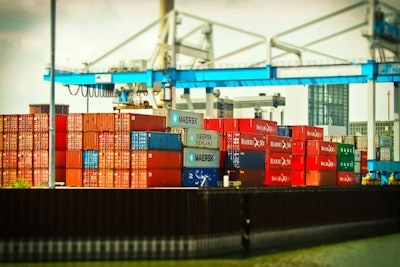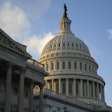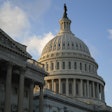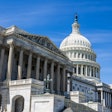
The Biden Administration is taking ‘a new, holistic, and pragmatic approach’ to the U.S.’s trade relationship with China, according to its annual trade policy agenda released March 1.
In the report, the Office of the United States Trade Representative said the U.S. is raising its concerns directly with China and accelerating joint work with allies and partners.
“President Biden believes that America is at its best when we are leading on the world stage to deliver economic prosperity and growth to our citizens and communities,” Ambassador Katherine Tai said.
The Biden Administration says it is clear-eyed about China’s doubling down on its harmful trade and economic abuses. It is also mindful that rash response measures can create vulnerabilities of their own.
The Biden Administration’s approach to China is and will continue to be deliberative, with a focus on the long term, said the report.
The approach starts with the domestic investments enacted through the Biden’s Build Back Better agenda, which allow the U.S. to engage and compete with China from a position of strength.
“In addition, we are taking steps to build supply chain resilience that will protect American workers and consumers from the harms wrought by China’s trade and economic abuses,” says the report.
The administration is considering all existing tools –– and will potentially seek new ones as needed –– to combat the harms of China’s state-led, non-market practices.
The Biden Administration acknowledges that this relationship is complex and competitive.
“With respect to trade, we can be both partners and competitors, but any competition must be fair,” it said.
The administration admits China’s approach to trade drives frictions in many of China’s trade relationships.
“China, as a large, non-market economy, is uniquely able to engage in unfair, anticompetitive practices, which harm workers and businesses in the U.S. and in other countries, including some of our closest allies and partners.
“By unduly concentrating production of certain goods in China, these non-market practices also undermine supply chain resilience and harm consumers that, in the long run, are deprived of the innovation and choice that fair competition would produce.”
















